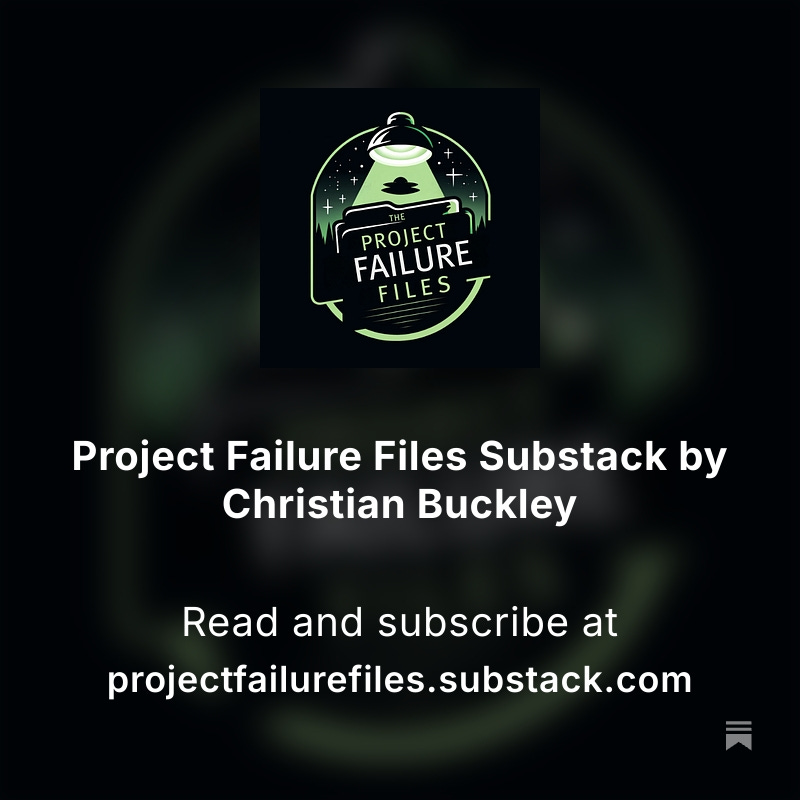Commodity Content and the Thought Leadership Problem
Go to LinkedIn and scroll any professional feed for sixty seconds and you’ll see a familiar pattern. Everyone suddenly sounds productive, polished, and vaguely inspirational. It’s as if the entire internet swallowed the same style guide. That’s the double-edged gift of AI. Publishing has never been easier. Standing out has never been harder.
 Recently, I was re-reading a post on the Smarter Consulting blog entitled How AI Reflects What You Bring to It. The heart of that argument stuck with me: AI elevate your thinking. It mirrors it. It gives back whatever assumptions, clarity, or confusion you started with. If that’s true, and I think it is, then we have to ask an uncomfortable question: What exactly are we bringing into our so-called “thought leadership” these days?
Recently, I was re-reading a post on the Smarter Consulting blog entitled How AI Reflects What You Bring to It. The heart of that argument stuck with me: AI elevate your thinking. It mirrors it. It gives back whatever assumptions, clarity, or confusion you started with. If that’s true, and I think it is, then we have to ask an uncomfortable question: What exactly are we bringing into our so-called “thought leadership” these days?
The honest answer is often… not much.
When AI Writes, Does Anyone Listen?
Let’s start with the uncomfortable distinction. There is a world of difference between commodity content and thought leadership, and we need to say it plainly.
Digital strategist Andy Crestodina puts it bluntly: “Commodity content is generic, easily produced, and AI is great for writing this kind of content.” Thought leadership, by contrast, “has a point of view. It takes a stand. It makes a personal connection.” In other words, one could be written during a coffee break. The other requires a brain and a backbone.
What makes this divide so urgent now is simple economics. When something becomes cheaper and faster to produce, the volume goes up, and the value often drops. AI has accelerated this effect. It didn’t just lower the barrier to entry. It flattened it. Today, anyone can publish “insights,” but only a few are publishing insights worth reading.
And audiences can tell the difference. They may not articulate it, but they feel when something has been written by a human who has lived the topic versus a machine predicting statistically probable sentences.
The Risks of Over-Leaning on AI
Back in February 2023, I write about The Consequences of Relying Too Much on AI which has been in my Top 5 read articles ever since. I did a follow-up in January 2025. My intent was not to discourage the use of AI for content creation, but to outline the benefits and impacts. My concern? Aside from being forgettable, purely AI-generated content carries real risks. Credibility risks, accuracy risks, brand risks.
Responsify, a content strategy firm, notes that AI often “hallucinates,” presenting wrong information with supreme confidence. I often warn clients in my AI adoption workshops to be wary of the initial response, and to “trust but verify” the outputs of AI. Even if the mistakes are small, the erosion of trust is not. Once a reader doubts your accuracy, they’ll doubt everything else.
There’s also the authenticity problem. In a recent commentary on digital culture, one analyst described AI-generated content as fueling “an authenticity crisis,” where the difference between sincere communication and synthetic filler blurs. The issue isn’t that AI is untrustworthy. It’s that over time, readers stop trusting the entire ecosystem.
And here’s the personal side: when I read an article and can’t tell whether a person wrestled with the ideas or a machine sweated out a pleasant draft, I lose interest. Craft matters. Voice matters. Struggle matters. If I don’t hear a heartbeat—some personality—in the writing, I stop reading.
Why Thought Leadership Still Needs a Human Edge
Thought leadership is not about word count or production speed. It is about thinking, which is still a surprisingly human trait.
In a recent analysis on the future of content, Belle Communication argued that the most defensible form of thought leadership will come from “unique experience, proprietary insight, and first-party data” because those are the things AI cannot synthesize from its training set. That matters. Originality is making a comeback. Not because it’s fashionable, but because it’s scarce.
There’s another piece of this puzzle that is harder to mechanize: courage. As content strategist Chris Heiler put it, “Take a stand, because AI has no opinions. Collaborate, because AI has no friends.” It’s funny, but it’s also deeply practical. AI can only remix what exists. It cannot feel the sting of a failed idea or the thrill of an unpopular but necessary stance.
Some of the most influential pieces I’ve ever read were imperfect. They rambled. They contradicted themselves. They revealed wrestling, ignorance, curiosity, and conviction. They were human in the best ways. And that humanity changed how I thought.
I know how my mind works, often drifting in circles as I battle my own ADHD demons. My writing method is to capture ideas as quickly as I can in what I refer to as “stream of consciousness” writing, and then edit and refine. AI can help clean up and polish my mess. But it can’t help care.
A Smarter Playbook for Using AI Without Losing Your Voice
This is not an anti-AI manifesto. I use AI every day. You probably do too. The trick is using it in the right places.
Here’s a practical playbook:
- Use AI as a research assistant, not a replacement for your brain.
Let it gather material, summarize trends, or surface questions. You do the actual interpretation. - Write with your voice, not with AI’s defaults.
Machines default to smooth, risk-free language. You need edges. You need perspective. Trim AI’s politeness and add your conviction. - Fact-check everything.
AI will occasionally fabricate details with theatrical confidence. Catch the errors before your readers do. Trust, but verify. - Add the pieces only you can add.
Insights from your experience. Stories from your work. Patterns you’ve observed. Opinions you’re willing to own. These are non-automatable.
The Content Marketing Institute recently warned that AI is accelerating “idea inflation” — a flood of content that reads like everyone else. The antidote is not more content. It’s more originality.
Bring More, Because AI Gives Back Exactly What You Bring
The Smarter Consulting article had it right. AI reflects whatever you bring to it. If you bring clarity and perspective, it amplifies you. If you bring nothing, it gives you polished nothing.
The internet doesn’t need more polished nothing.
We don’t need more posts that sound like they were optimized into oblivion. We need ideas worth arguing about. We need leaders willing to say something real. We need voices that sound like people, not platforms.
So the question isn’t whether AI will change thought leadership. It already has. The question is whether we, the human half of the equation, are going to rise to the moment.
What do you want your content to say about you? And more importantly, what do you want it to make others think about? Because in a world full of words, only the honest ones leave a mark.





